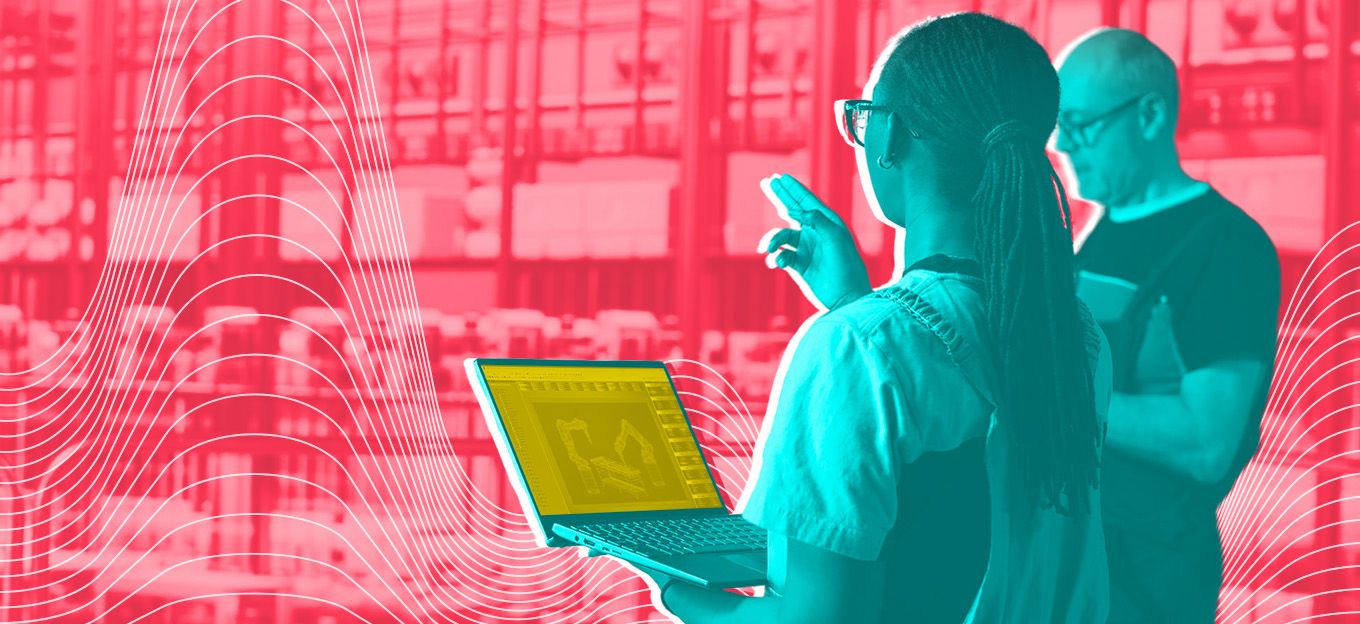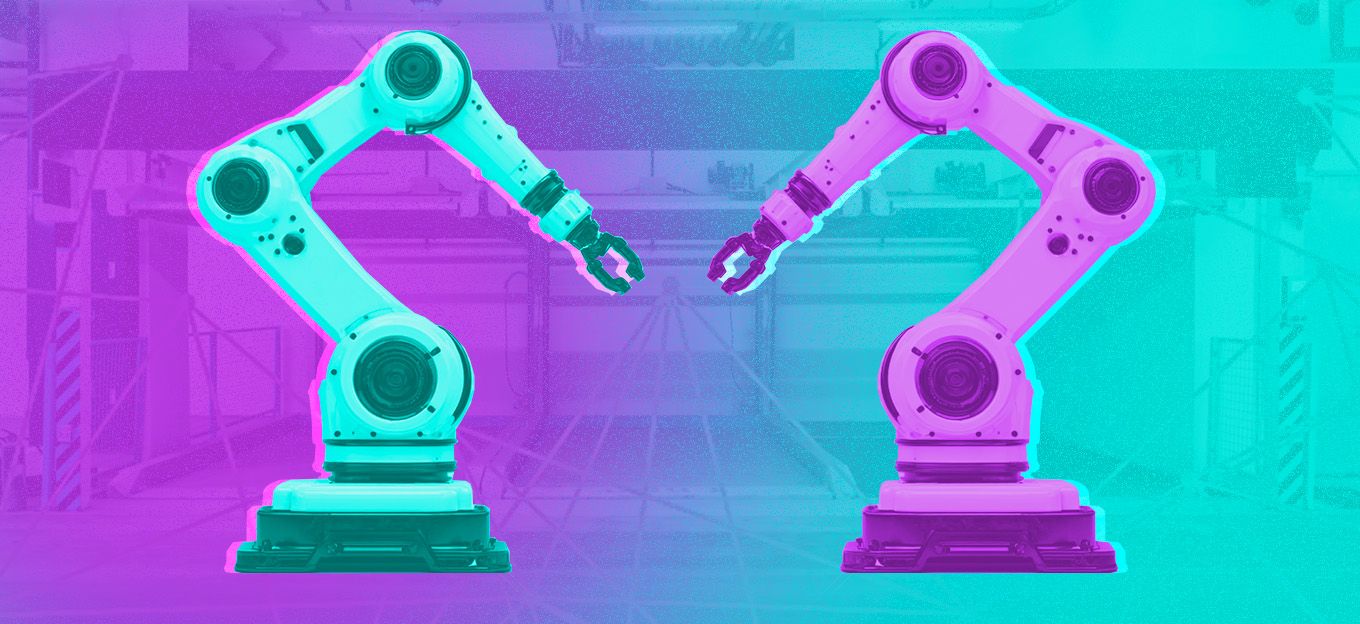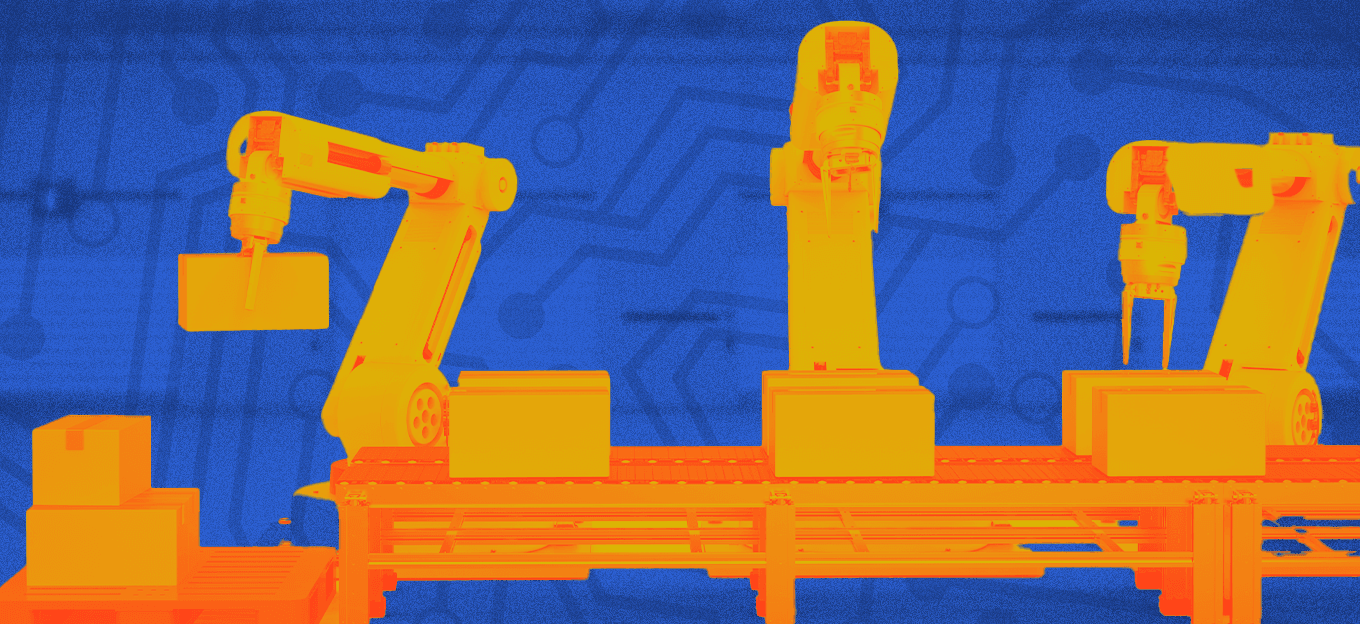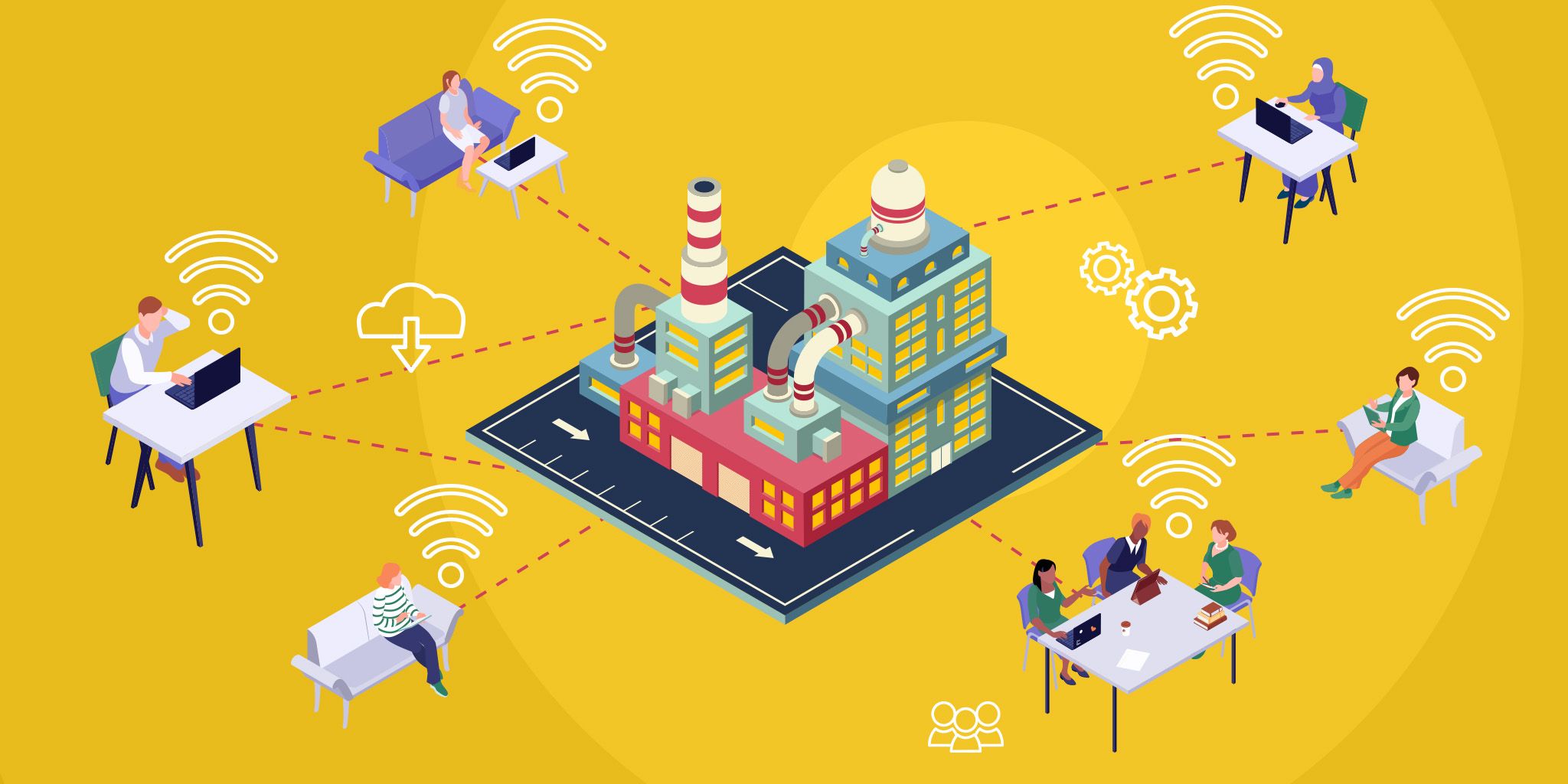4 Ways Artificial Intelligence Impacts The Manufacturing Industry
4 Ways Artificial Intelligence Impacts The Manufacturing Industry
- Last Updated: December 2, 2024
Guest Writer
- Last Updated: December 2, 2024



Artificial intelligence is everywhere, and we use it in our everyday lives without even realizing it. Artificial intelligence has made a lot of progress over the years. It can impact many different industries, and this is mainly due to its improved processing, algorithms, and the amount of data it holds. Machine learning provides the data to be analyzed, followed by critical insights, and it has a huge impact on the manufacturing industry.
Here are 4 ways that artificial intelligence has impacted manufacturers:
Safer Workplace
Cobots, known as collaborative robots, are designed to work with humans safely. They are small and relatively lightweight, offering manufacturing companies interested in getting into robotics a more affordable option. They can help create safer work environments by performing some of the more dangerous tasks that commonly lead to workplace injuries. This would leave workers with less strenuous tasks and the ability to let them work on more complex tasks free of injury.
As the manufacturing industry evolves, AI can provide a safer workplace, improve product quality and innovation, and better manage inventory.
Machine Learning can overcome many of the challenges that arise when using robotics in the workplace, such as when robots are programmed to complete a certain task and cannot react to unexpected situations. Machine learning analyzes the data and identifies different patterns. This results in the system learning and improving without having to be programmed to react.
Quality Improvement
It’s important to meet the highest standards when it comes to pleasing your customers. Maintaining the right reputation is crucial. With the help of artificial intelligence, manufacturers can be notified of any problems related to the quality of their products or services. Any major or minor faults can be addressed through artificial intelligence, and many issues can be avoided during the early stages.
An example of this is called Machine Vision, which is an AI solution. It uses good quality cameras to monitor defects or problems better than humans can. Manufacturers can also gather data on the performance of their products or services when they become available to make better decisions in the future.
Innovation Improvement
Since the 1960’s, drones and industrial robots have been implemented into manufacturing companies. By adding artificial intelligence to the mix, manufacturers can create new possibilities for production. For example, generative design is a great way for engineers to generate thousands of design possibilities. This is the perfect way to come up with different ideas quickly and efficiently that meet the needs of their customers.
Inventory Management
Machine learning can help with inventory planning since they are helpful when dealing with forecasting supply planning. AI demand forecasting tools come up with more precise results than traditional demand forecasting methods. This gives manufacturing companies the right tools to manage their inventory levels more efficiently so that mishaps are less likely to happen.
Wrapping It Up
Overall, when it comes to artificial intelligence and the manufacturing industry, there are a lot of benefits provided. It allows for more product innovation, increased safety precautions, quicker decision making processes, and quality improvement. This is something that manufacturers should consider, so that they can better improve their workplace.
The Most Comprehensive IoT Newsletter for Enterprises
Showcasing the highest-quality content, resources, news, and insights from the world of the Internet of Things. Subscribe to remain informed and up-to-date.
New Podcast Episode

Moving Past the Pilot Phase in IoT and AI
Related Articles




